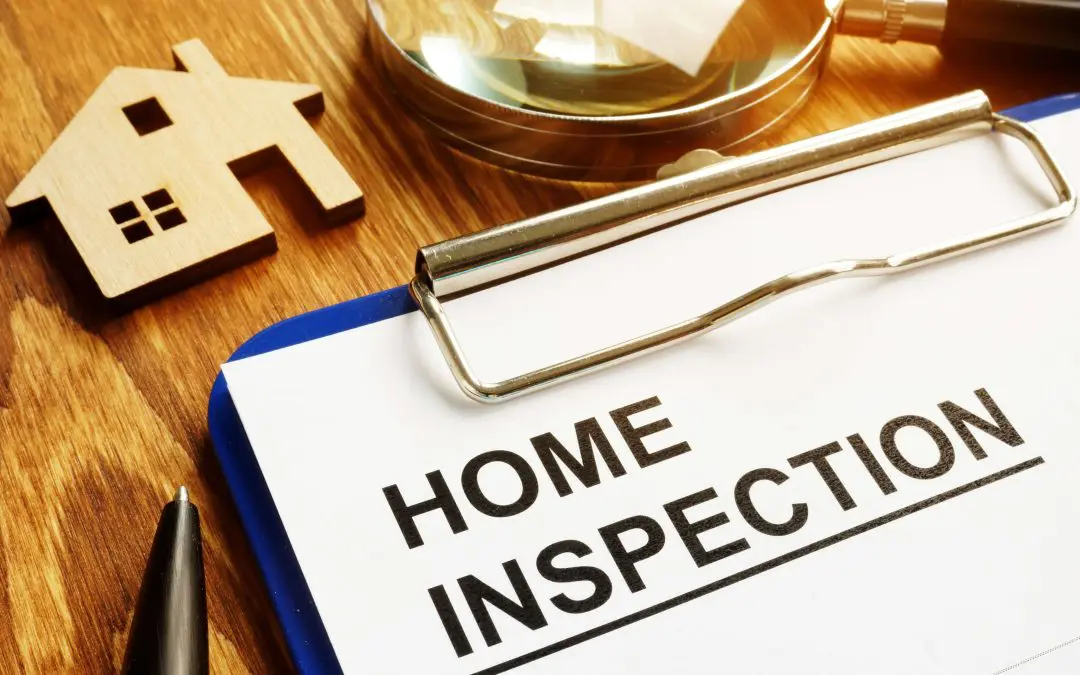When you are deep in the exciting yet often chaotic process of buying a home, the inspection fee may feel like just one more expense. It’s easy to be tempted to skip it, especially in a competitive market. However, viewing the inspection as merely a cost is a fundamental mistake. A professional, unbiased inspection of a property is undoubtedly one of the most valuable investments you will make. Understanding the full scope of the financial protection it provides reveals the undeniable truth: paying for a home inspection saves you money, often immediately and over the long term.
How a Home Inspection Saves You Money Immediately
The most direct and immediate way a home inspection saves money is by exposing defects or safety issues before closing the deal. Real estate listings and attractive staging may expertly mask underlying problems, from minor roof leaks to significant structural issues. A qualified home inspector thoroughly examines every major system and structure, including the foundation, roof, plumbing, electrical system, and HVAC. They will spot the signs of serious, costly issues. Without this detailed report, you would inherit these problems, turning your dream home into a money pit.
The cost of an inspection is a fraction of the potential repair bills. For example, replacing a failing septic system or a severely deteriorated roof could easily cost five figures. By identifying these issues up front, a home inspection saves you money by giving you the knowledge needed to avoid a devastating financial surprise just weeks after you receive the keys.
Empowering Negotiations with Your Home Inspection Report
The inspection report is your most powerful negotiating tool. When a serious issue is uncovered, you gain immediate financial leverage in the transaction. Armed with objective evidence of necessary repairs and their likely costs, you have several options that directly affect the final price. You can ask the seller to either make the repairs themselves before closing, grant you a repair credit (a discount) at closing to cover the expected costs, or negotiate a reduction in the overall sale price. Statistically, buyers who leverage an inspection report often negotiate significant concessions from the seller, easily recouping the inspection fee.
Even if the issues found are minor, such as deferred maintenance or small plumbing fixes, the cumulative cost of these items could be used to justify a price adjustment. In competitive situations, even if you don’t walk away from the deal, having an inspector document a system that is nearing its end-of-life allows you to budget for that upcoming expense or secure a concession.
How a Home Inspection Saves You Money Long-Term
Beyond the immediate purchase and negotiation benefits, a home inspection saves you money through foresight and preventative action. The inspector will highlight small problems that are not yet critical but could escalate if ignored. A hairline crack in the foundation, a small leak in a pipe, or minor gutter damage might seem insignificant now, but left unaddressed, they may lead to catastrophic water damage, mold growth, or structural decay that requires thousands of dollars in emergency repairs. By identifying these “ticking time bombs,” the inspection allows you to address them while the repair is still inexpensive, preserving the integrity and value of your home.
The report also provides crucial data on the age and condition of major components like the furnace or water heater. Knowing a system is approaching its typical replacement age allows you to save and budget for a planned replacement, rather than facing the panic and high cost of an emergency failure on the coldest day of the year. This long-term planning perspective is a crucial element of financial responsibility for any homeowner.
Investing in Knowledge
Ultimately, the small fee paid for the inspection is an investment in knowledge and peace of mind. By providing a comprehensive, objective assessment, the inspection empowers you to make an informed decision. It helps you avoid the financial and emotional trap of a bad investment. If the inspection reveals irreparable problems or issues that are simply too expensive for your budget, the inspection clause in your contract allows you to walk away from the deal, saving you from a decade or more of financial strain and stress. For the confident homeowner, the home inspection is not an optional cost; it is an essential, money-saving security blanket.
Frequently Asked Questions (FAQs)
If the house is new construction, do I still need a home inspection?
Absolutely. New homes can have defects, too, often related to improper installation, rushed construction, or plumbing/electrical systems not installed to code.
Can I use the inspection report for reasons other than negotiation?
Yes. Your inspection report is an invaluable tool for prioritizing maintenance after you move in. It helps you schedule and budget for repairs based on urgency and helps reduce long-term maintenance costs.
What if the seller already provided their own inspection report?
While helpful, it is always recommended to hire your own independent inspector. Your inspector works only for you, providing an unbiased assessment of the property’s condition and guaranteeing your financial interests are protected.
What are the most common major issues found that save the buyer money?
The most financially impactful issues typically involve the roof, the HVAC system, the foundation/structure, and the main electrical panel/wiring.
Home Inspectors of Columbus provides inspections to homebuyers and sellers in the Chattahoochee Valley of Georgia. Contact us to request an appointment for our services.

